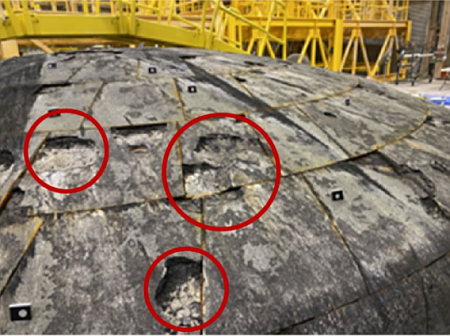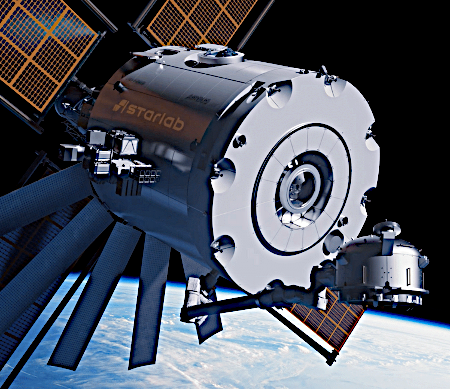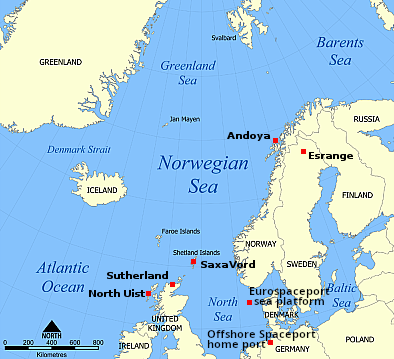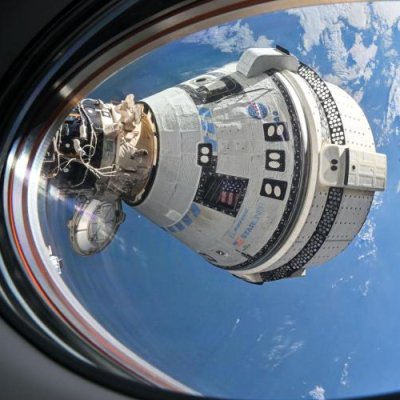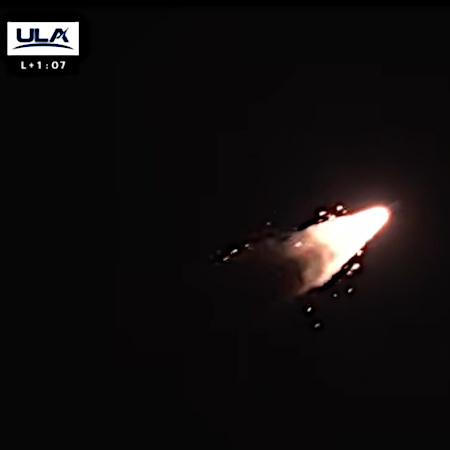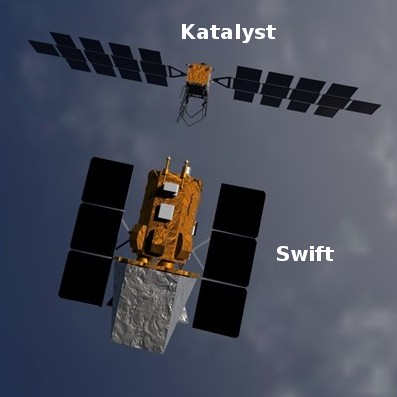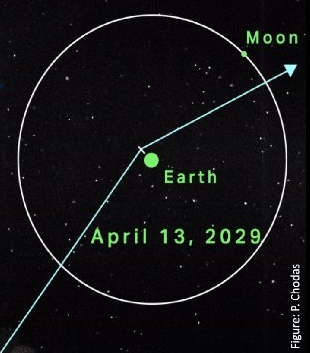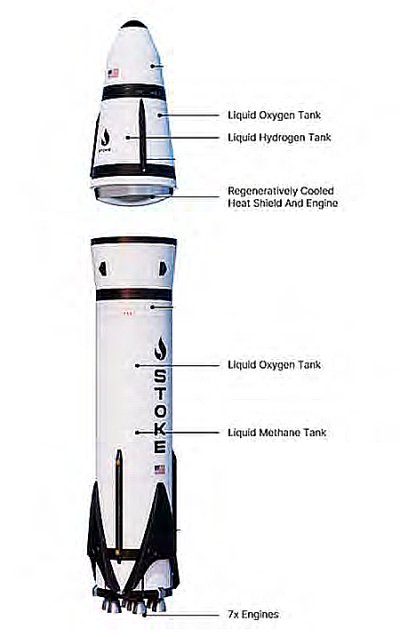SpaceX launches 29 Starlink satellites; another booster reaches thirty flights
SpaceX early this morning successfully launched another 29 Starlink satellites, its Falcon 9 rocket lifting off from Cape Canaveral Space Force Station in Florida.
The first stage (B1069) completed its 30th flight, landing on a drone ship in the Atlantic. With this flight, B1069 becomes the fourth SpaceX first stage to fly thirty times:
39 Discovery space shuttle
33 Atlantis space shuttle
33 Falcon 9 booster B1067
31 Falcon 9 booster B1063
30 Falcon 9 booster B1071
30 Falcon 9 booster B1069
28 Columbia space shuttle
The 2026 launch race:
25 SpaceX
8 China
2 Rocket Lab
2 Russia
1 ULA
1 Europe (Arianespace)
As it did in both ’24 and ’25, SpaceX in ’26 so far has more launches than the entire rest of the world combined.
Rocket Lab’s suborbital launch from two days ago had been scrubbed due to weather, and is now scheduled for later today, lifting off from Wallops Island in Virginia and carrying an Australian hypersonic test vehicle. This won’t count in the totals above, but I will report the results after launch.
SpaceX early this morning successfully launched another 29 Starlink satellites, its Falcon 9 rocket lifting off from Cape Canaveral Space Force Station in Florida.
The first stage (B1069) completed its 30th flight, landing on a drone ship in the Atlantic. With this flight, B1069 becomes the fourth SpaceX first stage to fly thirty times:
39 Discovery space shuttle
33 Atlantis space shuttle
33 Falcon 9 booster B1067
31 Falcon 9 booster B1063
30 Falcon 9 booster B1071
30 Falcon 9 booster B1069
28 Columbia space shuttle
The 2026 launch race:
25 SpaceX
8 China
2 Rocket Lab
2 Russia
1 ULA
1 Europe (Arianespace)
As it did in both ’24 and ’25, SpaceX in ’26 so far has more launches than the entire rest of the world combined.
Rocket Lab’s suborbital launch from two days ago had been scrubbed due to weather, and is now scheduled for later today, lifting off from Wallops Island in Virginia and carrying an Australian hypersonic test vehicle. This won’t count in the totals above, but I will report the results after launch.

